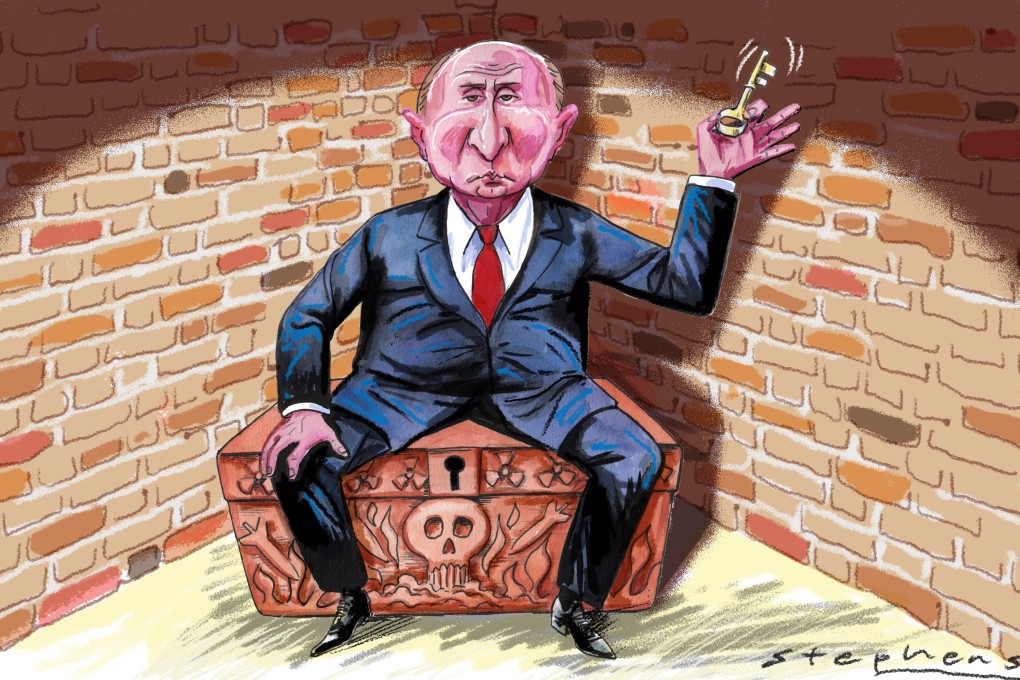Opinion | Nato and the West must heed Russia’s warnings to avoid nuclear holocaust
- If Russia is not bluffing about its willingness to use nuclear weapons, ignoring its legitimate security concerns could doom the world
- With no prospect of a ceasefire, the challenge is how to reduce tensions. As a first step, Nato could unilaterally pledge not to be the first to use nuclear weapons against Russia

Unlike US president John F. Kennedy, who was bold yet careful enough to reach agreement with Soviet leader Nikita Khrushchev on removing Soviet missiles from Cuba in exchange for the US promising not to invade Cuba in 1962, current US President Joe Biden has been provocative. He has called Putin a war criminal and said “this man cannot remain in power”.
We are closer to a nuclear war now than we were during the Cold War. No one can tell when or where Putin might use nuclear weapons. But if he feels he must rely on nuclear weapons as a game-changer in a grinding war in which Russian troops have so far fought poorly, the likelihood he will use them will continue to simply grow.
If Putin believes he is chosen to be St George who slew the dragon – a symbol that is part of Russia’s coat of arms – the weapon he will use is not a long spear but a nuclear missile, of which Russia has more than anyone. The targets might be one or two European countries rather than Ukraine, which, home to what Putin called “one people”, is also close to Russia.

